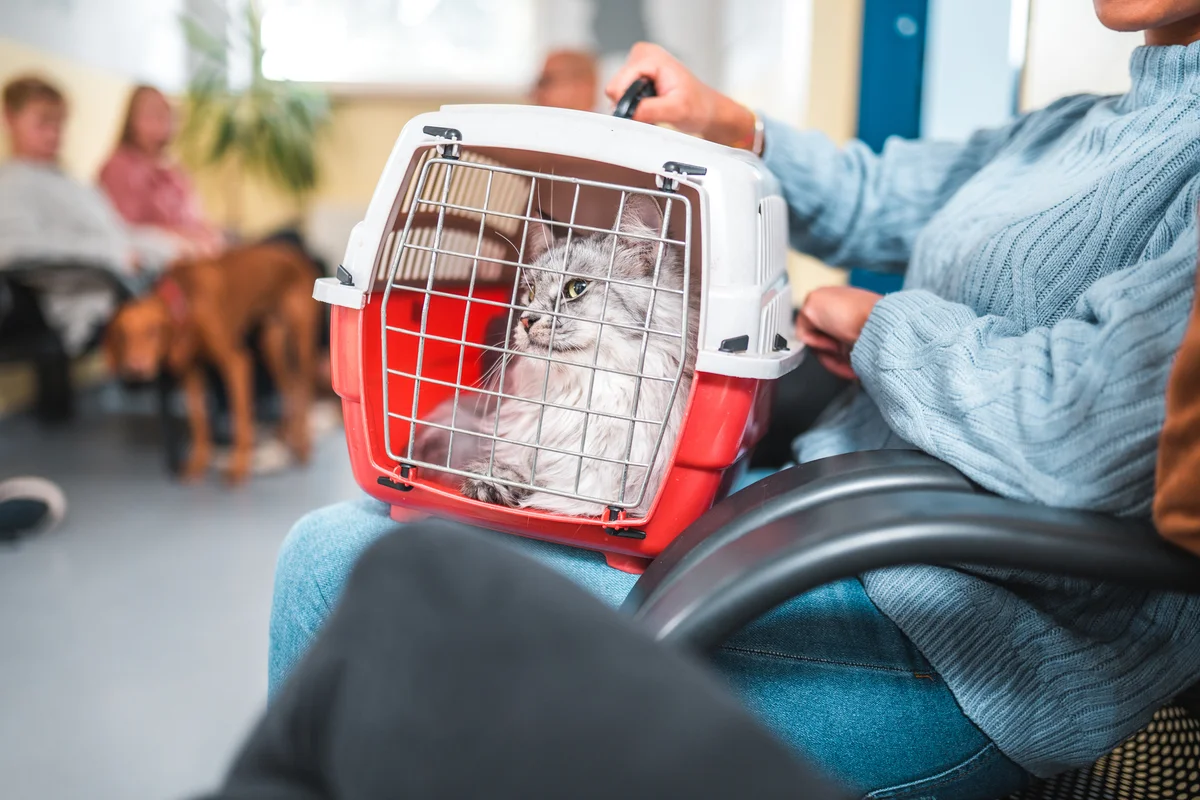Copyright independent

Many cat owners don’t realise that just like humans, cats can suffer from dementia. A recent paper has even found many similarities between feline and human dementia, finding that cognitive impairment may develop in similar ways. Some of the symptoms of dementia in cats are even similar to what we might see in humans – though not all of them, of course. Knowing what signs to look out for is important so you can provide your cat with the best care during this phase of its life. Feline cognitive dysfunction syndrome (also known as feline dementia) is an age-related decline in a cat’s cognitive abilities. It’s generally characterised by behavioural changes that cannot be attributed to other medical conditions. Feline dementia is thought to be very common in older cats. One study found that by 15 years of age, more than half of cats showed signs of dementia. However, some behaviour associated with the condition has also been identified in cats as young as seven. A separate survey of cat owners also found that around 28% of cats aged between 11 and 14 exhibited at least one behavioural change associated with dementia. Behavioural changes are often the first indication that there may be something wrong. There are eight signs to look out for that might indicate your cat has dementia. There’s significant overlap between symptoms of feline dementia and other common conditions, such as arthritis and kidney disease. So if you see any of these behavioural changes in your cat, you should speak to your vet to rule out these other conditions. Research into feline dementia is limited. Much of what we know about prevention and treatment is extrapolated from research into humans and dogs. And, as with these other species, there’s no cure for dementia in cats. But there are ways of limiting the impact of the disease. Certain environmental modifications can help stimulate cats, activating their brains and causing nerves to grow. But the severity of your cat’s dementia must be considered before making any of these changes. In healthy or mildly affected cats, promoting play or simulating hunting with interactive toys and encouraging exploration using hide and seek games is thought to delay the progression of cognitive dysfunction. But in cats with severe cognitive impairment, changing their environment could lead to confusion and anxiety – worsening behavioural symptoms. Diet changes – specifically the addition of supplements containing antioxidants (vitamin E and C) and essential fatty acids – may also help to reduce inflammation in the brain, slowing the disease’s progression. However, only dog-specific supplements have been tested in scientific research and proven to enhance cognition in dogs. But if you do want to try giving these supplements to your cat, be sure you only give them supplements approved for felines. Dog supplements should not be given to cats as they may include substances that are toxic to cats – such as alpha lipoic acid. Feline dementia is a condition both highly prevalent and challenging to manage. Knowing what symptoms to look out for can ensure your cat gets diagnosed earlier on. This will also ensure you’re able to make the necessary changes to its environment or diet that will ultimately improve its quality of life.



